Other Books in the Eric Voegelin Series in Political Philosophy
America and the Political Philosophy of Common Sense, by Scott Philip Segrest
Beginning the Quest: Law and Politics in the Early Work of Eric Voegelin, by Barry Cooper
How World Politics Is Made: Franois Mitterand and the Reunification of Germany, by Tilo Schabert
Worldview and Mind: Religious Thought and Psychological Development, by Eugene Webb
Rethinking Rights: Historical, Political, and Philosophical Perspectives, edited by Bruce P. Frohnen and Kenneth L. Grasso
The Philosopher and the Storyteller: Eric Voegelin and Twentieth-Century Literature, by Charles R. Embry
The Constitutionalism of American States, edited by George E. Connor and Christopher W. Hammons
Voegelin Recollected: Conversations on a Life, edited by Barry Cooper and Jodi Bruhn
The American Way of Peace: An Interpretation, by Jan Prybyla
Faith and Political Philosophy: The Correspondence between Leo Strauss and Eric Voegelin, 19341964, edited by Peter Emberley and Barry Cooper
New Political Religions, or an Analysis of Modern Terrorism, by Barry Cooper
Art and Intellect in the Philosophy of tienne Gilson, by Francesca Aran Murphy
Robert B. Heilman and Eric Voegelin: A Friendship in Letters, 19441984, edited by Charles R. Embry
Voegelin, Schelling, and the Philosophy of Historical Existence, by Jerry Day
Transcendence and History: The Search for Ultimacy from Ancient Societies to Postmodernity, by Glenn Hughes
Eros, Wisdom, and Silence: Plato's Erotic Dialogues, by James M. Rhodes
The Narrow Path of Freedom and Other Essays, by Eugene Davidson
Hans Jonas: The Integrity of Thinking, by David J. Levy
A Government of Laws: Political Theory, Religion, and the American Founding, by Ellis Sandoz
Augustine and Politics as Longing in the World, by John von Heyking
Lonergan and the Philosophy of Historical Existence, by Thomas J. McPartland
A Friendship That Lasted a Lifetime: The Correspondence between Alfred Schtz and Eric Voegelin, translated by William Petropulos and edited by Gerhard Wagner and Gilbert Weiss
Books in the Eric Voegelin Institute Series in Political Philosophy: Studies in Religion and Politics
Etty Hillesum and the Flow of Presence: A Voegelinian Analysis, by Meins G. S. Coetsier
Christian Metaphysics and Neoplatonism, by Albert Camus; translated with an introduction by Ronald D. Srigley
Voegelin and the Problem of Christian Political Order, by Jeffrey C. Herndon
Republicanism, Religion, and the Soul of America, by Ellis Sandoz
Michael Oakeshott on Religion, Aesthetics, and Politics, by Elizabeth Campbell Corey
Jesus and the Gospel Movement: Not Afraid to Be Partners, by William Thompson-Uberuaga
The Religious Foundations of Francis Bacon's Thought, by Stephen A. McKnight
Politics Reformed: The Anglo-American Legacy of Covenant Theology, by Glenn A. Moots
Copyright 2011 by The Curators of the University of Missouri
University of Missouri Press, Columbia, Missouri 65201
Printed and bound in the United States of America
All rights reserved
5 4 3 2 1 15 14 13 12 11
Cataloging-in-Publication data available from the Library of Congress
ISBN 978-0-8262-1915-2
 This paper meets the requirements of the American national Standard for Permanence of Paper for Printed Library Materials, Z39.48, 1984.
This paper meets the requirements of the American national Standard for Permanence of Paper for Printed Library Materials, Z39.48, 1984.
Designer: Kristie Lee
Typesetter: K. Lee Design & Graphics
Printer and binder: Integrated Book Technology, Inc.
Typefaces: Palatino
Excerpts from Arrival at Santos, The Imaginary Iceberg, and In the Waiting Room and entire poem Electrical Storm from THE COMPLETE POEMS 1927-1979, by Elizabeth Bishop. Copyright (c) 1979, 1983 by Alice Helen Methfessel. Reprinted by permission of Farrar, Straus and Giroux, LLC.
ISBN 978-0-8262-7245-4 (electronic)
To Beverly Jarrett
Acknowledgments
I would like to thank all of the contributors to this collection for their early and enthusiastic support of the project itself, for their willingness to write and submit their work to my editorial hand, and for their patience with the long process of presenting their collective work to the public. Additionally I am grateful to Polly Detels for reading multiple drafts of the introduction and for her advice and support in this entire project. I wish also to thank Thomas Hollweck for his reading and responding to the final draft of the introduction. Finally, I enjoyed once again working with Julianna Schroeder and acknowledge her attentive and perspicacious copy-editing of the manuscript. It remains to be said that whatever mistakes remain are borne by me.
Introduction
CHARLES R. EMBRY
The story is the symbolic form the questioner has to adopt necessarily when he gives an account of his quest as the event of wresting, by the response of his human search to a divine movement, the truth of a reality pregnant with truth yet unrevealed. Moreover, the story remains the constant symbolism of the quest.
Eric Voegelin,In Search of Order
If we look to the historically first and fully developed philosophical corpus, the work of Plato, we note that instead of writing didactic treatises on various philosophical topoi, he composed dialogues as dramatic reenactments of conversations in various social situationsa remembered conversation after attendance at a festival or remembered speeches at a banquet, for example. These dialogues contain philosophical conversations among various social types of the Greek polis and are focused by the asking of a question, such as What is justice? early on in the conversation. Socrates then proceeds to persuade his interlocutors through the rational clarification of opinions expressed in answer to the initial question and, later, through leading questions posed by him. Inevitably the conversation reaches an impasse, for while the logical direction and conclusion of the argument have been agreed to by various interlocutors, their persuasion to the truth of existence as exemplified by the Socratic, It is better to suffer injustice than to do injustice, is not forthcomingeven for interlocutors who are open to persuasion such as Glaucon and Adeimantus in The Republic or Simmias and Cebes in Phaedo. Since rational, logical argument does not persuade them, Plato permits Socrates to introduce a myth (the
Even though the authors of the essays collected here have not assembled as a group and discussed correspondences between literature and philosophy, it is safe to say that we are bound together by several shared commitments and assumptions, first and above all by a love of literaturepoetry, novels, and drama. Second, we would all agree that the best literaturecertainly in the modern erahas philosophical and moral dimensions, and that the study of human existence would be lacking were it to ignore literature. Third, and perhaps most importantly, we share a belief that the life work of the twentieth-century political philosopher and philosopher of consciousness Eric Voegelin (19011985) proffers insights that illumine our searches for the truth of human existence when we turn those insights to the study of literature.
Voegelin's philosophy of reality lends itself to application in readings of literature for several reasons. Finally, Voegelin appropriated symbols from novels that helped articulate his own insights into social and political reality. For example, he adopted the symbol second reality from Musil and Doderer to describe a pneumopathological source of modern political and social disorder.

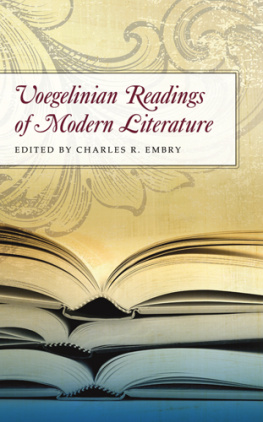

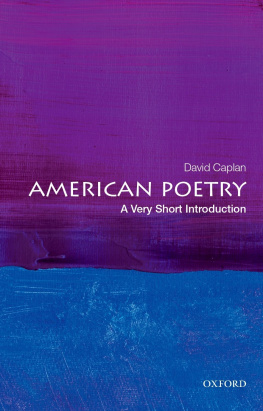
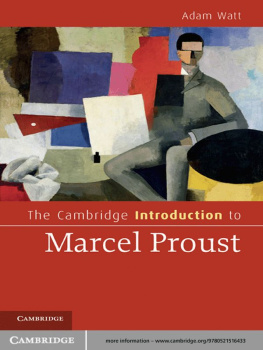
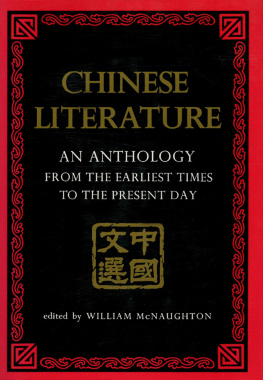
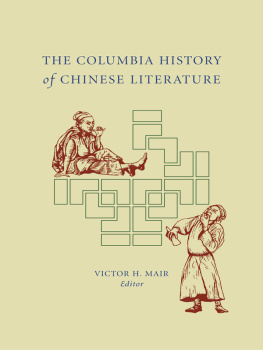
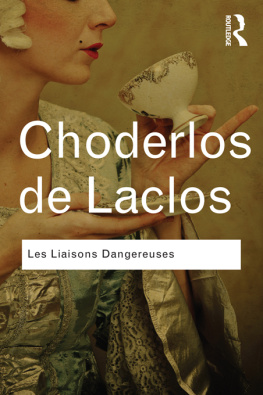
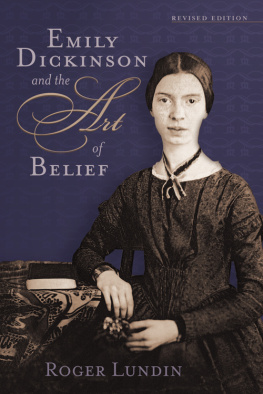
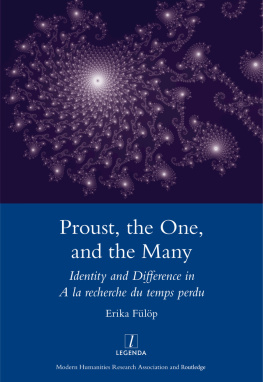

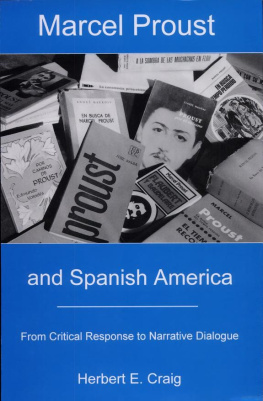
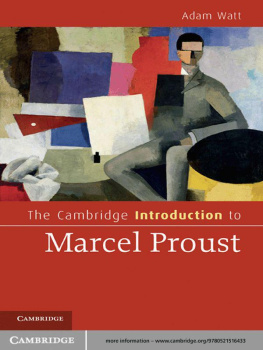

 This paper meets the requirements of the American national Standard for Permanence of Paper for Printed Library Materials, Z39.48, 1984.
This paper meets the requirements of the American national Standard for Permanence of Paper for Printed Library Materials, Z39.48, 1984.